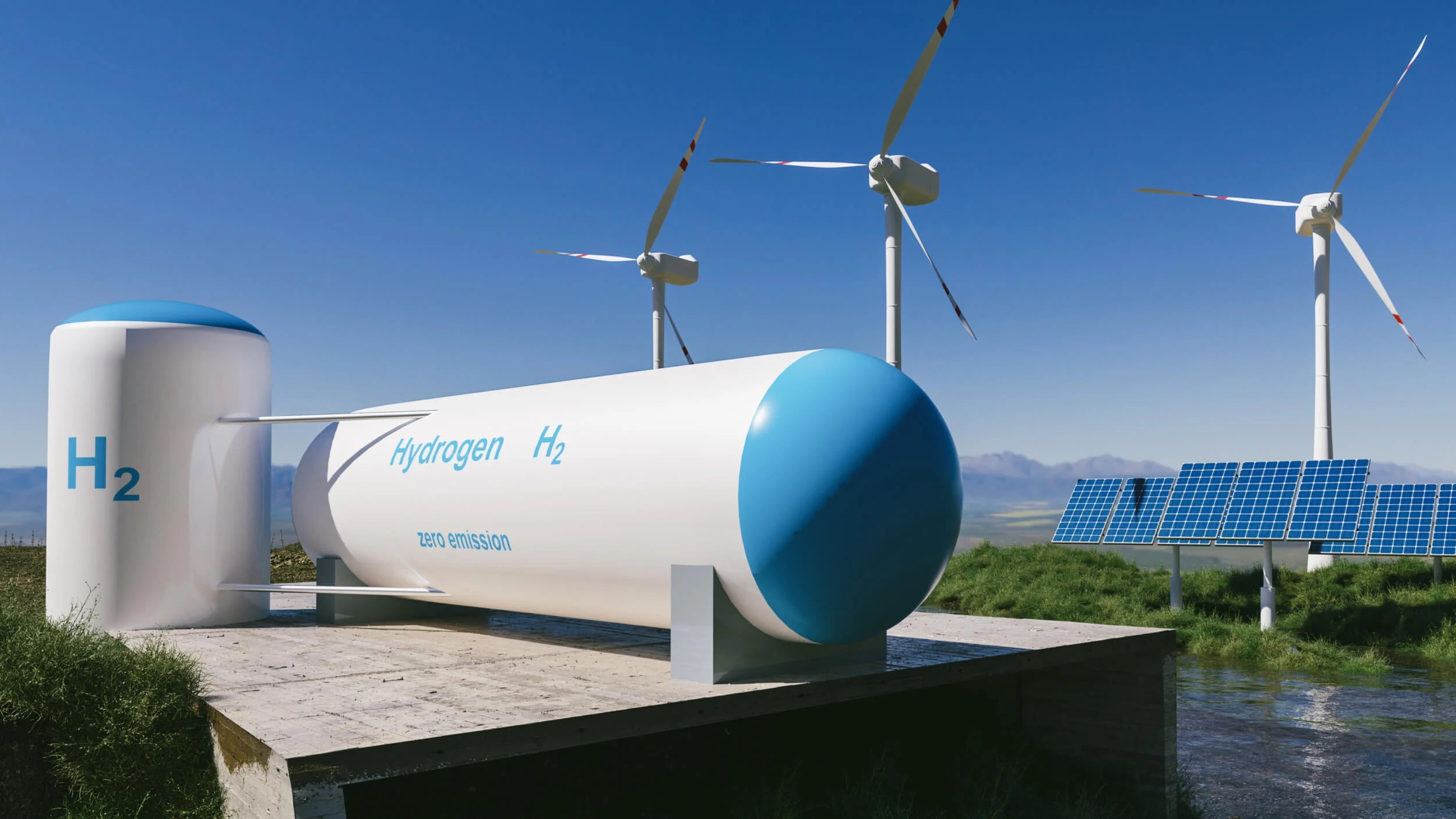The world needs green skills to achieve a net-zero future
Green energy
As we near the end of what is set to be the hottest year on record, increasing the pace at which we transition to a more sustainable economy is more urgent than ever, writes Hadi Moussa, VP EMEA at Coursera.
While there is undoubtedly progress being made, with countries worldwide accelerating decarbonisation efforts, one factor that threatens to hamper net zero ambitions is a shortage of the skills needed to achieve critical targets.
The COP28 Global Climate Talent Stocktake warns there is a “significant sustainable skills shortage” putting green expertise at risk. With access to insights from its users, LinkedIn revealed that, globally, just one in eight employees possesses one or more ‘green’ skills. In the EU, this figure decreases to one in nine.
The green transition demands a workforce equipped with diverse skills, spanning science, technology, engineering, and mathematics (STEM). Beyond this, it will also require competencies encompassing the human skills needed to navigate the green economy – with its associated political, economic, and interpersonal implications – and the changing world of work.
Without these vital skills, the green transition will not be realised. We must act now to address the shortage which threatens to hamper the UK’s net-zero ambitions.
Tackling the skills gap
STEM talent can be drawn from professionals working in the traditional energy sector. A PWC study, which finds the UK is facing a green skills gap of 200,000 people, also notes a 270,000-strong pool of transferable skilled workers from the fossil fuel sector.
However, of this pool, 20% are expected to retire by 2030, leaving just 216,000 transferable workers for the 400,000 jobs that will be needed in the green energy sector.
Combined with the demographic challenges presented by an ageing population, sustaining this talent pool will be highly challenging while British workers continue to lack green skills.
Consequently, we must also look to younger generations entering employment to help plug skills gaps. With Deloitte reporting that climate change remains a top three concern for both Gen Z and Millennials, there is an engaged generation that, with the right skills, are ready to join the battle against climate change.
Many traditional educational pathways now offer an education that features an introduction to environmental, climate, and other green subjects – and more young people are choosing academic degrees and technical qualifications linked to sustainability.
But this generation is not yet ready to alleviate the immediate skills issue we face. This is where businesses must intervene, by making a concerted effort to upskill their current employee base.
How businesses can fill the gap with upskilling
Upskilling enables learners to deepen their knowledge as they gain more experience, providing compounding value to employee, employer, and economy alike. Learners can attain knowledge at speed and scale through skills development courses, certifications, or mentorship programmes.
This model will suit the range of skills for the breadth of the green economy, upskilling both energy sector professionals but also those in other key professions whose input is necessary for the net zero transition, such as law, finance, or management.
However, organisations of all sizes, which must all be contributing to achieving net-zero goals, can help their employees better understand and utilise their transferable skills. They can bridge skills shortages by identifying gaps, by designing and recommending flexible training programmes, and by promoting continuous learning tied to career development.
Lifelong learning platforms, which often require employees to upskill in their own time, can make training more accessible. This is particularly significant for women, who typically need to navigate competing priorities, such as childcare.
Better access to flexible learning can help close the green jobs gender gap identified by LinkedIn. Research found that 90% of women lack a single green skill or green work experience, while 16% of men have at least one green skill. This gap also exists in leadership positions, with women comprising only 20% of VP roles and 21% of C-suite roles in green industries.
The convenience of these platforms is informing the growing popularity of courses such as UCL’s Doing Economics: Measuring Climate Change and Yonsei University’s Sustainable Development in the 21st Century with Ban Ki-moon, which have seen enrolments almost double since last year, as appetite grows for accessible educational content on sustainability.
Looking ahead
In 2020, the UK Government outlined a Ten Point Plan for a Green Industrial Revolution. This plan proposes to support up to 250,000 green jobs in 2030 and is focused on low-carbon sectors. The effectiveness of these plans will depend on access to skills.
There is no time to waste when it comes to investing in the skills required to slow down the intensifying effects of climate change. Continuous learning, supported by flexible, accessible online education pathways, is key to this.
The prospect of narrowing a 200,000-person skills gap is a daunting one, but businesses will have an essential role to play in upskilling their staff. With online learning they have the convenient, cost-effective means with which the net-zero workforce can access the skills they need.
Businesses and governments must come together to provide the knowledge foundation on which our future depends. By acting decisively, investing in education and training, and by fostering a culture of innovation, the UK can close the skills gap and emerge as a global leader in the race towards a net-zero future. The time to act is now, and the stakes are higher than ever.

